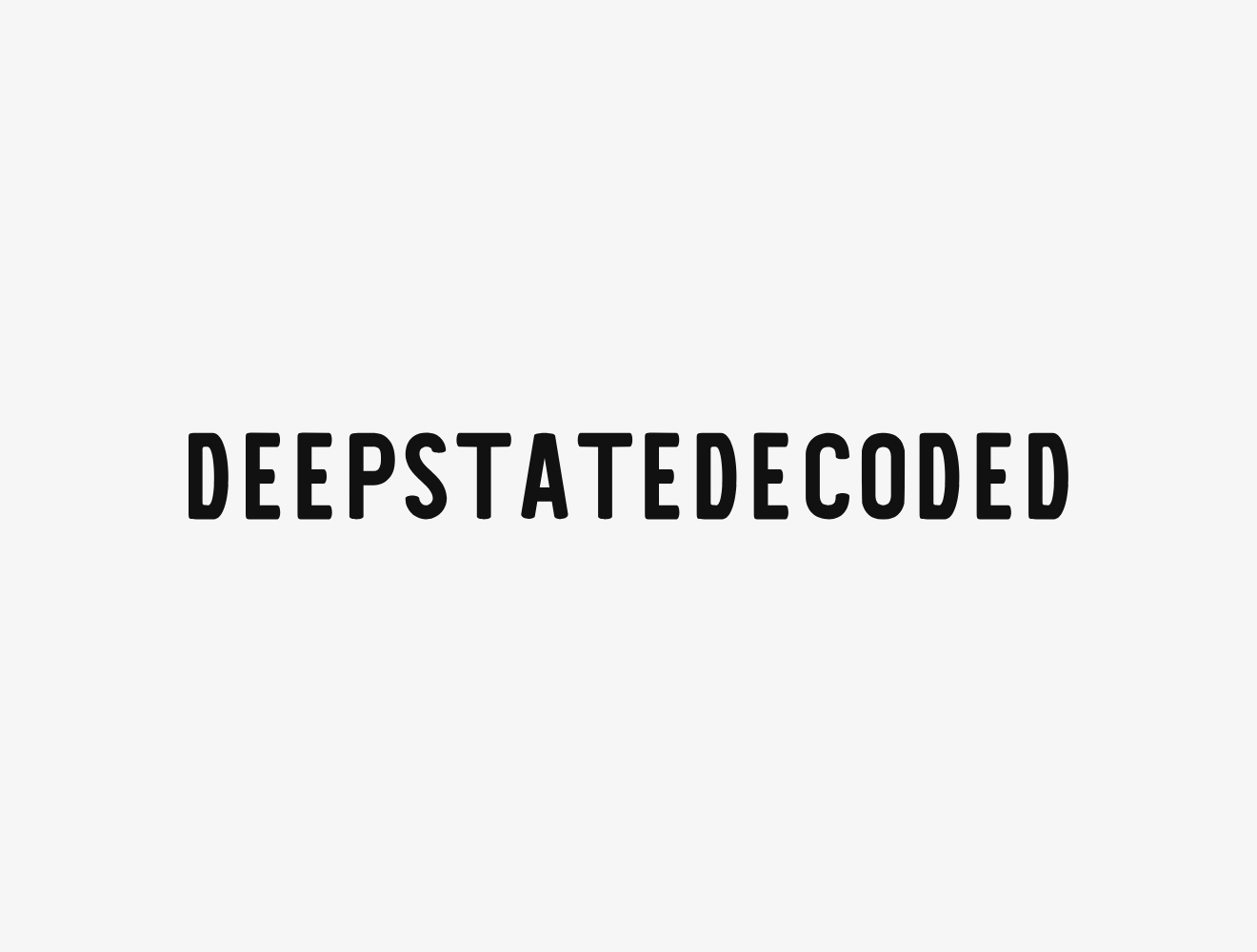A Language Older Than Time?
Imagine speaking a language so ancient that its origins predate recorded history. What if some of these languages held secrets lost to time—hidden messages from the past? Could they reveal lost civilizations or even rewrite history? The quest to uncover the world’s oldest languages takes us on a fascinating journey through time, myths, and mysteries.
The Origins of Language: A Historical Perspective
Languages have evolved over thousands of years, shaped by migration, wars, and cultural exchanges. While pinpointing the exact first spoken language is impossible, linguists and archaeologists have identified several ancient languages still studied today.
The Oldest Known Languages and Their Roots
- Sumerian (circa 3100 BCE) – The first known written language, used in Mesopotamia.
- Egyptian (circa 2700 BCE) – The language of the Pharaohs, giving birth to Coptic.
- Akkadian (circa 2500 BCE) – A Semitic language spoken in ancient Mesopotamia.
- Tamil (circa 500 BCE or earlier) – One of the oldest living languages, still spoken today.
- Sanskrit (circa 1500 BCE) – The language of ancient Indian scriptures.
- Greek (circa 1400 BCE) – One of the longest continuously spoken languages.
- Chinese (Shang Dynasty, 1250 BCE) – The origin of modern Mandarin and Cantonese.
Shocking Discoveries: A Language Older Than Sumerian?
In 2016, researchers discovered mysterious symbols carved into cave walls in Turkey and the Balkans. Dating back to 7000 BCE, these symbols predate Sumerian writing by over 2,000 years. Could they be the remnants of a lost proto-language, spoken before human civilization as we know it?
Even more surprising, some linguists argue that the Basque language—spoken in northern Spain—is a linguistic “fossil,” unrelated to any other known language. Could it be a remnant of an ancient tongue spoken by Europe’s earliest settlers?
What Could Explain These Ancient Languages?
Experts debate how such languages survived for thousands of years:
- Geographic Isolation – Mountainous regions (e.g., Basque country, Tamil Nadu) preserved old languages.
- Religious and Cultural Significance – Sanskrit and Hebrew survived due to sacred texts.
- Resilience of Oral Tradition – Many ancient languages were preserved through storytelling before they were written down.
Expert Insights: What Linguists Say
Dr. John McWhorter, a leading linguist, suggests: “Languages are like living organisms—they evolve, adapt, and sometimes die out. But some, like Tamil or Greek, have been remarkably resistant to change, preserving their ancient DNA.”
Meanwhile, historian Dr. Alice Roberts warns: “The more we dig, the more we realize how much we don’t know. Could there be a language even older than Sumerian waiting to be discovered?”
The Future of Ancient Languages
With globalization, many ancient languages face extinction. However, linguistic preservation efforts, such as AI-driven translation tools and UNESCO heritage programs, are helping keep these languages alive.
Could These Languages Hold Hidden Knowledge?
What if ancient languages hold secrets about human history or lost civilizations? Could decoding them unlock mysteries that modern science has yet to explain? The answer may lie in the oldest texts, waiting for us to rediscover their meaning.
FAQ: The Oldest Languages in the World
1. What is the oldest written language?
Sumerian, dating back to 3100 BCE, is considered the oldest known written language.
2. Is Tamil really the oldest living language?
Yes, Tamil is one of the oldest living languages, with a history of over 2,000 years and millions of speakers today.
3. What language did Adam and Eve speak?
While purely speculative, some religious traditions claim Hebrew, Aramaic, or even a lost divine language.
4. How do we know which language is the oldest?
Linguists analyze ancient scripts, texts, and inscriptions, alongside oral traditions, to determine linguistic origins.
5. Are there any undiscovered ancient languages?
Possibly. Archaeologists continue to find unknown scripts, such as the Indus Valley script, which remains undeciphered.

